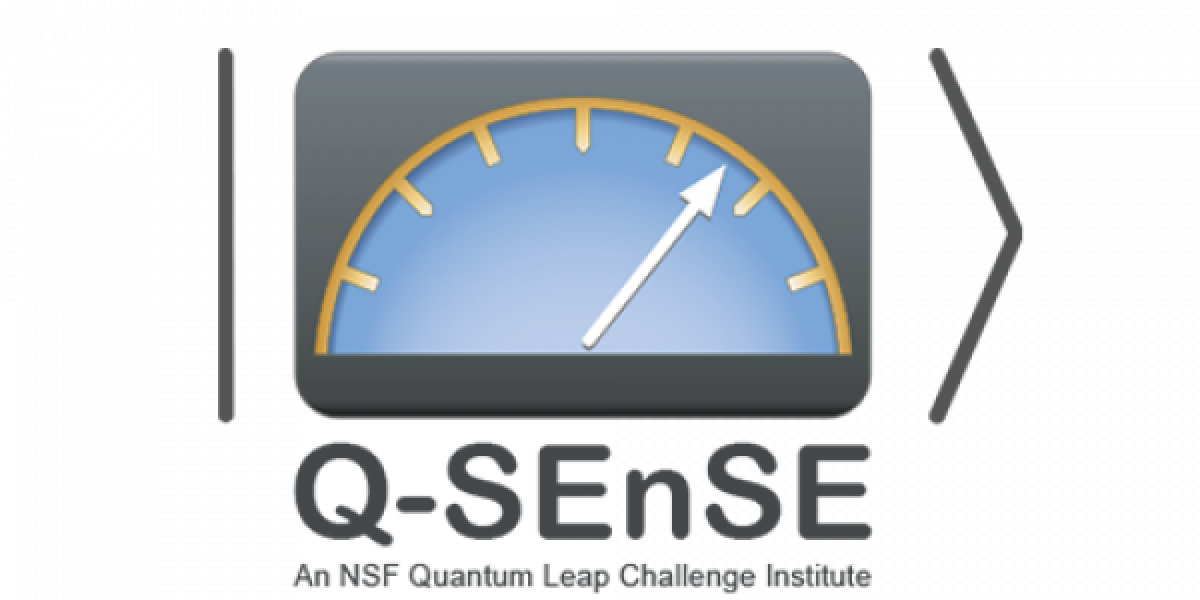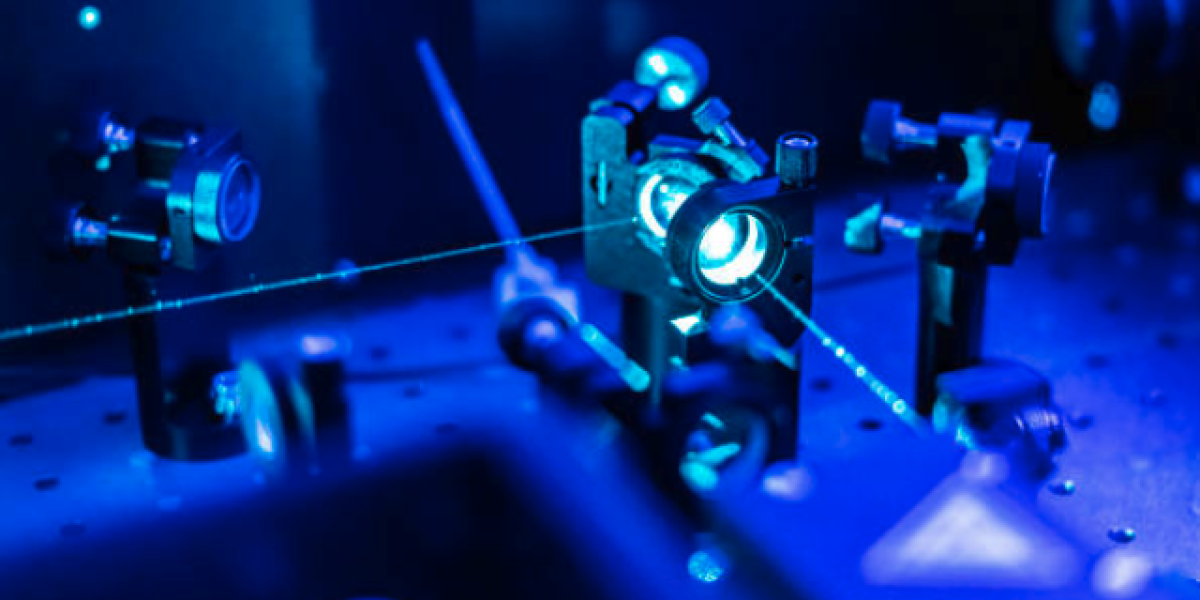Research
Scientific Focus Areas
Research & Technological Disciplines
Atomic clocks and precision atomic and molecular sensors
Frequency combs and optical metrology
Atomic and ion-based quantum bits and technology
Integrated photonics for quantum devices
Superconducting quantum bits
Aerospace engineering design and mission deployment
Radio frequency detection and control









